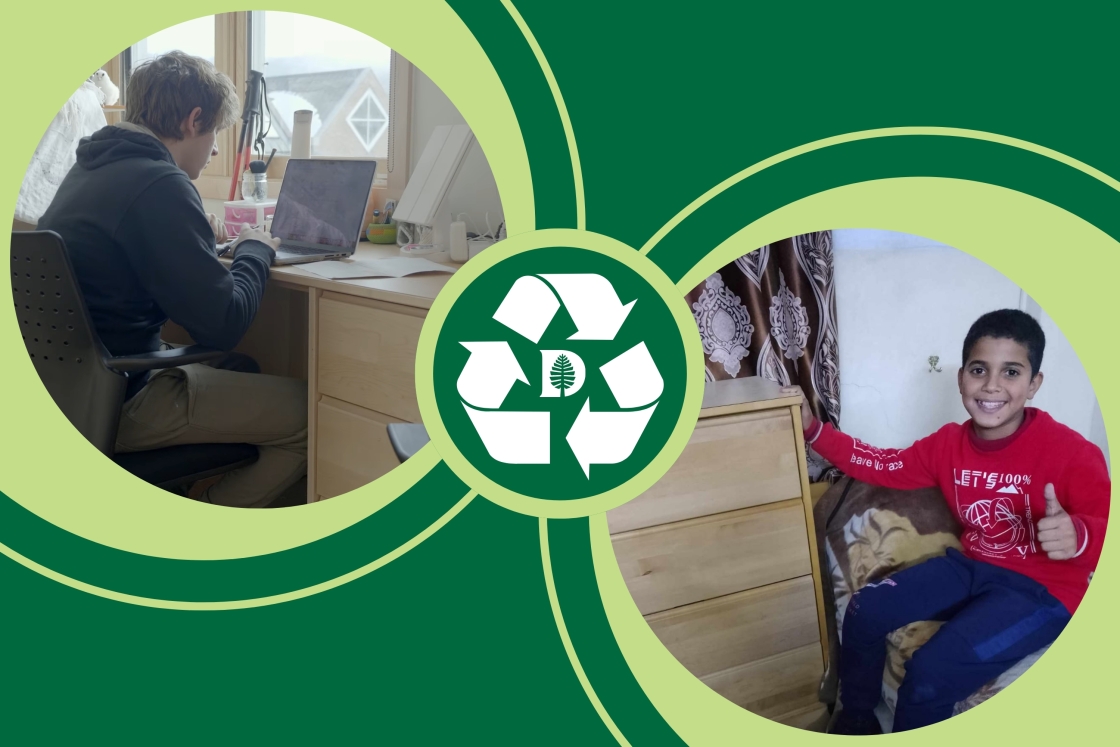Steele Hall, home to the chemistry, Earth sciences, environmental studies, and geography departments, is closed this summer for renovations that include a major energy-efficiency upgrade. The project is scheduled to be completed before the start of classes in the fall.
“The project is an investment in the infrastructure of the labs and classrooms that will allow the important instructional and research work based in Steele Hall to continue for the next 20 years,” says Frank Roberts, associate vice president of Facilities Operations and Management. “We are able to do this by using newer technology that will lead to energy saving on the order of $190,000 a year.”
A major portion of the work will involve replacing the air-control valves that serve the building’s lab areas. There will also be energy upgrades to the heat-recovery and steam systems of the building’s climate-control infrastructure, which includes converting the building’s steam pipes and equipment to a hot water distribution system.
While the building is closed, the Information, Technology and Consulting Department will renovate Steele Hall’s Room 7 with interactive technology and furnishings to create an active-learning classroom supporting 50 to 60 students for the use of the chemistry, Earth sciences, environmental studies, and geography departments.
The conversion of steam to hot water systems in Steele is part of Dartmouth’s sustainability project, announced by President Phil Hanlon ’77 on Earth Day last year, which aims to significantly lower the College’s carbon footprint. The project’s goals include a 50 percent reduction in greenhouse gas emissions by 2025, a 20 percent improvement in the efficiency of the campus energy-distribution system by 2030, and obtaining 100 percent of Dartmouth’s energy supply from renewables by 2050.
“One of the basic principles of the sustainability project is for the College to pursue these goals in a fiscally prudent way,” Roberts says. “So, when we began planning for necessary repairs to the heating, ventilation, and air conditioning systems in Steele Hall, we saw that it was an opportunity to convert the old steam system, upgrade energy efficiencies, and support a classroom renovation by ITC at the same time.”
Work began on June 4, after the end of spring term, and is expected to be completed before fall classes begin on Sept. 12.
William Platt can be reached at william.c.platt@dartmouth.edu.


